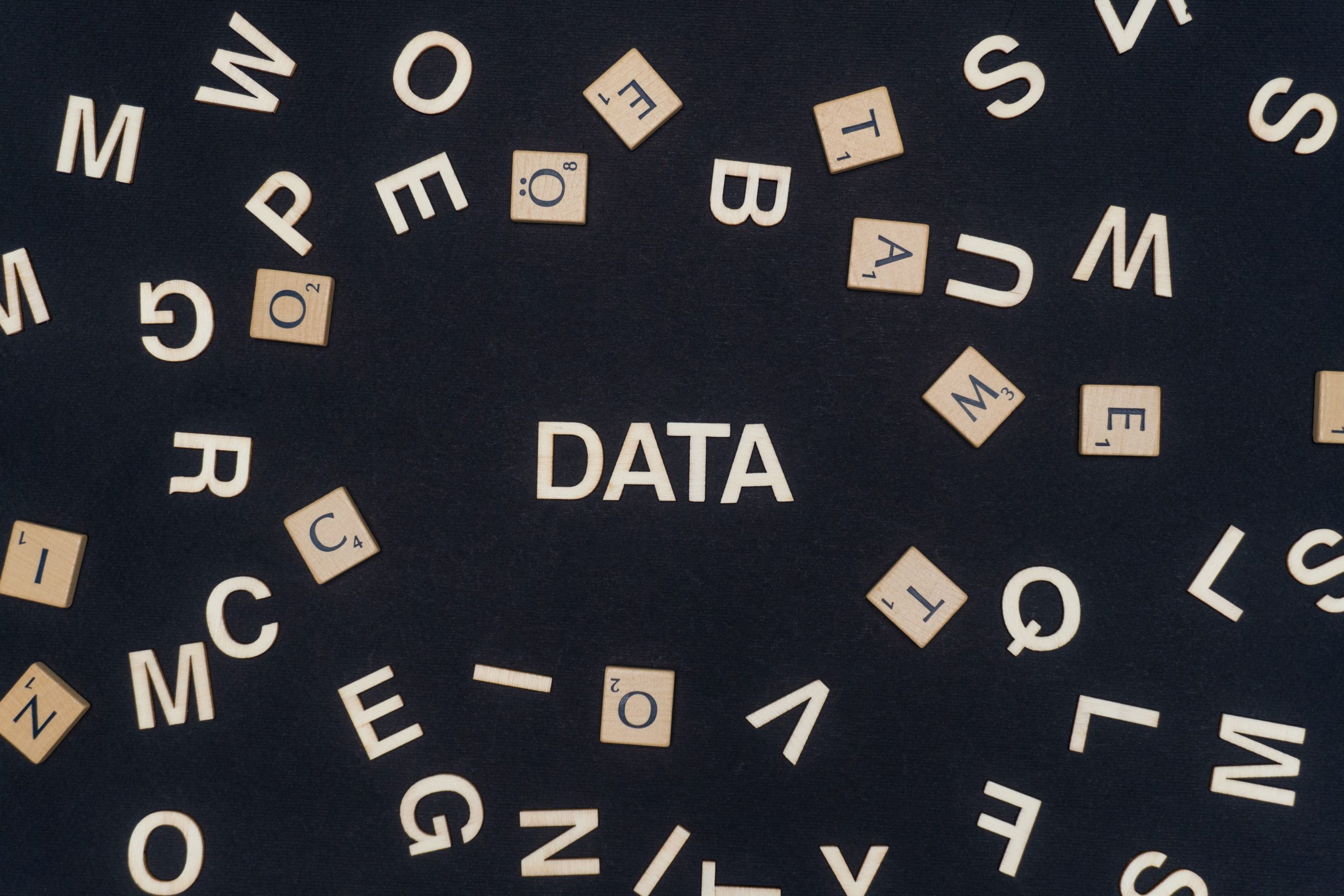
In the digital age, data has become more valuable than oil or gold. Every day, the posts we make on social media, our shopping preferences on e-commerce sites, the location and health data collected by our smart devices, financial transactions, and every move we make online contribute to a growing pool of data. So, who owns this data? In the digital world, who holds real sovereignty? In the ongoing battle between tech companies, governments, and individuals, the concept of data ownership is becoming an increasingly debated issue. Are users truly the owners of their data, or is it being controlled by the invisible hands of the digital world?
What is Digital Sovereignty? Who Holds the Power?
Digital sovereignty refers to the control that a country, individual, or institution has over its own digital assets, data, and infrastructure. This concept has become increasingly critical with the rise of global tech giants. Companies like Google, Meta (Facebook), Amazon, Microsoft, and Apple have built a global data empire by centrally controlling user data. There are three core dimensions of digital sovereignty:
- Individual Sovereignty: Users’ control over their own data. (How feasible is this?)
- Corporate Sovereignty: The data economy managed and controlled by technology companies.
- National Sovereignty: Governments’ policies on managing the digital assets of their citizens.
The power dynamics between these three layers form the biggest struggle surrounding data ownership and control.
User Data: Who Really Owns It?
As users, every time we use the internet, we leave behind digital footprints. But, do we truly have control over this data?
1.The Cost of Free Platforms: You Are the Product
Many online services are offered for free. But the real truth is: the product is actually your data!
- Social media platforms generate significant revenue by analyzing user preferences and serving targeted ads.
- E-commerce websites track consumer behavior and provide personalized shopping recommendations.
- Smart devices constantly collect data, helping companies understand user habits.
At this point, data ownership is not truly in the hands of individuals, but is shaped within company algorithms and data centers.
2.Cookies, Trackers, and Algorithms
The cookies we encounter while browsing the internet may seem harmless, but they are powerful data collection tools. Websites use these technologies to identify users and track their movements.
- Who visited what page, and when?
How many seconds did they spend on a product page?
Which content did they like? Which news did they read?
This data is used to train large algorithms and enables user profiling. The result: Users unknowingly allow algorithms to guide them, effectively outsourcing their decisions about what they see in the digital world.
National Sovereignty and Data Policies
As the global influence of tech giants increases, countries are becoming more sensitive about protecting their own digital sovereignty.
1. Europe’s GDPR Move: Is It Possible to Protect Users?
The General Data Protection Regulation (GDPR) implemented by the European Union is one of the most significant regulations aimed at transferring data ownership to users.
- Users have the right to see and delete their data.
- Companies are required to explain how they use personal data.
- Heavy penalties are imposed for data breaches.
However, despite these regulations, tech companies continue to be the primary entities controlling the data economy.
2.China’s Digital Sovereignty Policy
China has taken the concept of digital sovereignty a step further by creating its own data ecosystem.
- Access to Western tech giants such as Google, Facebook, and Twitter is restricted.
- Local tech giants (Alibaba, Tencent, Baidu) have grown within the framework of state policies.
- Data security is considered a matter of national security and is closely monitored.
This model exemplifies an approach advocating for data ownership to be under the control of the state.
Is It Possible to Regain Data Ownership?
So, how can individuals regain more control over their data?
1.Raise Awareness About Data Sharing:
- Be aware of which platforms you’re sharing specific information with.
- Manage cookie permissions and block third-party trackers.
2.Turn to Alternative Platforms:
- Use privacy-focused browsers and search engines.
- Explore decentralized applications.
3.Use Encryption and Security Measures:
- Protect your data with VPNs, end-to-end encryption, and anonymization tools.
- Minimize your digital footprint.
4.Stay Informed About Your Legal Rights:
- Learn how to leverage GDPR and other data protection laws.
- Exercise your rights to delete and access your data.
Who Will Dominate the Digital Future?
The battle for data ownership and digital sovereignty will continue to intensify in the coming years.
- Will individuals gain more control over their data?
- Will governments introduce new regulations to counter big tech companies?
- Or will global technology giants maintain their absolute dominance in the digital world?
The greatest power struggle of the digital age is no longer fought with weapons, but with data and algorithms. In the future, true sovereignty will be determined by who holds power over digital data.
